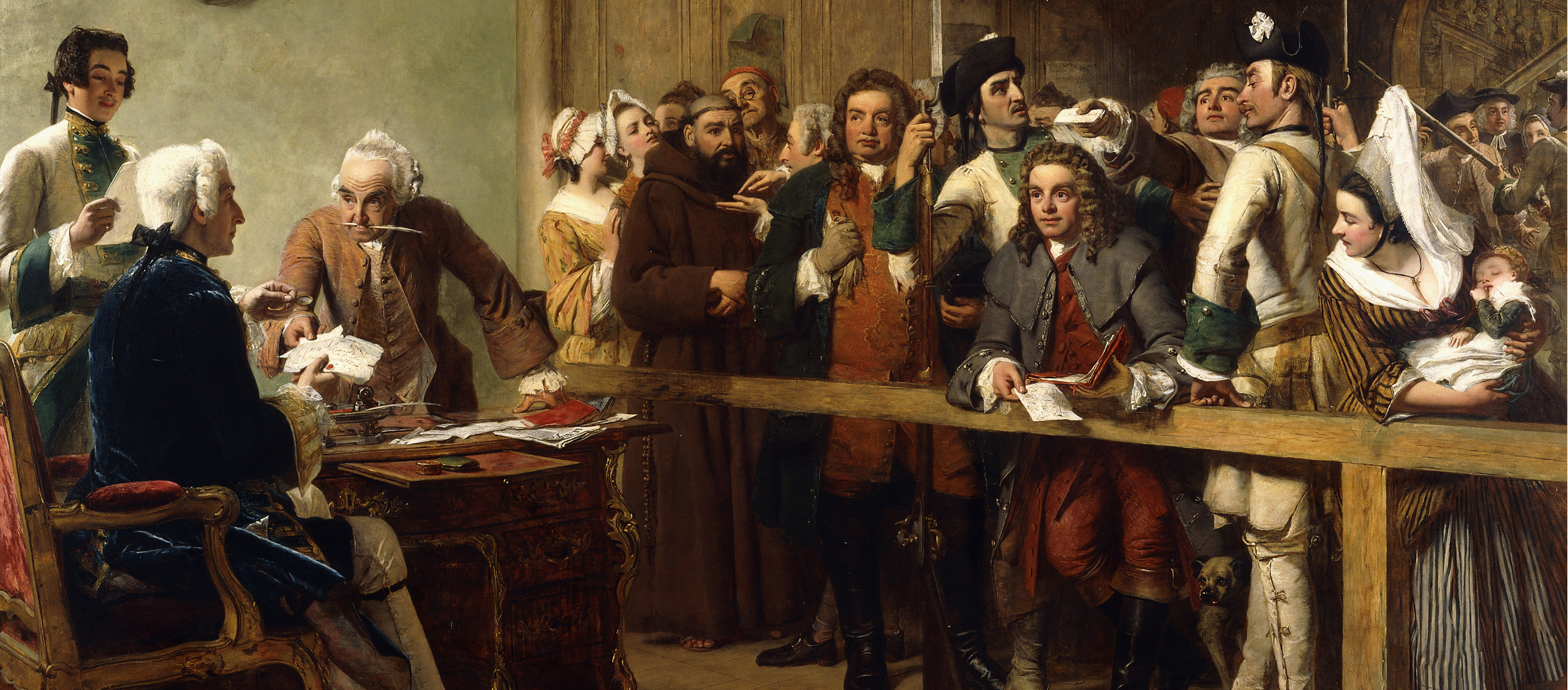I was one morning sitting in the drawing room when I noticed two men, dressed as Confederate soldiers, standing near the provost marshal’s tent. At my request my grandmother sent for the major, who obeyed her summons without loss of time.
We asked him who the men were. He told us they were paroled Confederate soldiers procuring passes to go south. We then asked if they might be permitted to dine with us and received a ready assent. In the meantime they had disappeared, but one of them shortly reappearing, I accosted him thus:
“Won’t you dine with us? The major says you may.”
“With pleasure, if you dine shortly; I have only two or three hours allowed me to get beyond the pickets.”
“Poor fellow!” said I. “But I am glad that you will soon be free. Won’t you take a letter from me to General Jackson?”
Upon his assenting to this request, I went off toward my own room to write my dispatch; but as I was passing by the kitchen door one of the servants stopped me suddenly, and exclaimed:
“Miss Belle! Who’s that man you’re talkin’ to?”
“I know no more about him than that he is a paroled rebel soldier going south.”
“Miss Belle, that man ain’t no rebel. I seen him among the Yankees in the street. If he’s got secesh clothes on, he ain’t no secesh. That man’s a spy—that man’s a spy.”

Hogarth Brought Before the Governor of Calais as a Spy, by William Powell Frith, 1851. Bridgeman Images.
I, however, entertained a different opinion from that of the Negro woman, so I persevered in my intention and wrote a long, friendly letter to General Jackson. At the same time I introduced a great deal of valuable information concerning the Yankees, the state of their army, their movements and doings, and matters of a like nature.
Disregarding the warning voice of my sable Cassandra, I fancied the man was true and might be safely trusted; so as soon as dinner was finished I called him aside and confided the letter to him with these words:
“Will you promise me faithfully, upon the honor of a soldier, to take the utmost care of this and deliver it safe to General Jackson? They tell me you are a spy, but I do not believe it.”
He, of course, denied the soft impeachment, and swore by all the host of heaven to execute my commission with fidelity and dispatch.
Reader, conceive my feelings when, shortly after this man’s departure, one of the officers came in and informed me that he was a spy, and was on his way to the Confederate lines at Harrisburg.
I immediately set about to rectify my unfortunate error, and, after some reflection, I decided upon the following expedient: I sat down and wrote Maj. Harry Gilmore of the Confederate cavalry a few lines, giving an accurate account of the man’s personal appearance and explaining the motive and circumstances of his journey south and by what means I had been entrapped into trusting him with a letter for General Jackson. This note I dispatched by a conveyance to which we rebels had given the name of “the underground railway.”
The locomotive on this railway was an old Negro, and the mail car was an enormous silver watch from which the works had been extracted. I sent off my train with orders that if, in passing the pickets, anyone should inquire the time of day, the answer must be that the imposing-looking timepiece was out of order and had ceased to mark the hours and minutes.
Our friend the spy, however, went neither to Harrisburg nor to General Jackson, but made his way straight to the Union general Franz Sigel and gave him my letter. The general, in his turn, forwarded it to Edwin Stanton, the secretary of war, who, I make no doubt, still retains it in his possession.
The fate of the spy, like that of so many of his fraternity, was tragic. He was soon after detected in the pursuit of his calling on the Rappahannock River and hanged. My readers perhaps may think I ought to congratulate myself upon having hitherto escaped a similar fate.
Shortly after this adventure an officer came and told me that further misconduct on my part might bring down upon me the severest punishment, and hinted that the Yankees, once thoroughly incensed, would not hesitate at the perpetration of any atrocity.
From Belle Boyd in Camp and Prison. In 1861, when Union forces occupied Boyd’s hometown of Martinsburg, Virginia, the seventeen-year-old flirted with officers to gather information for the Confederacy. Her career in espionage also included shooting one Union soldier, being imprisoned at least four times, and marrying one of her former captors. Boyd became known by a variety of nicknames, including La Belle Rebelle, The Siren of Shenandoah, and Amazon of Secessia. In 1866 she debuted as an actress in Manchester, England, and died in 1900 in Wisconsin while on a lecture tour.
Back to Issue



